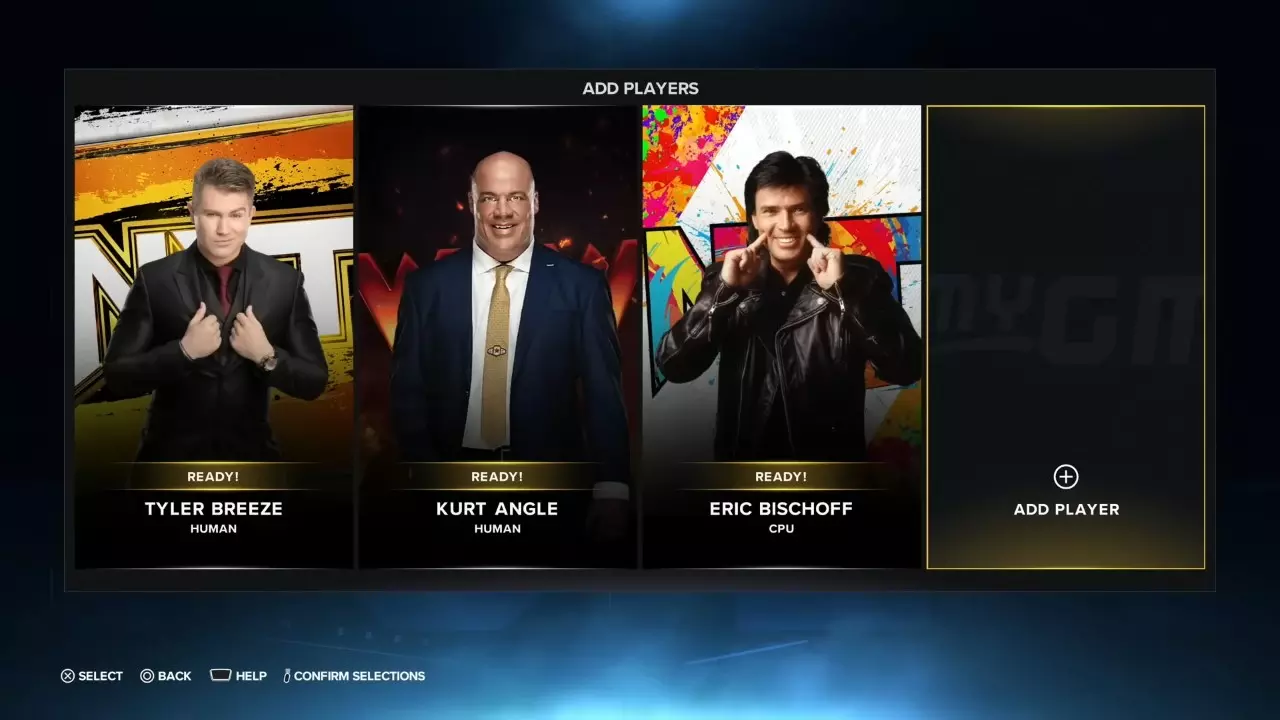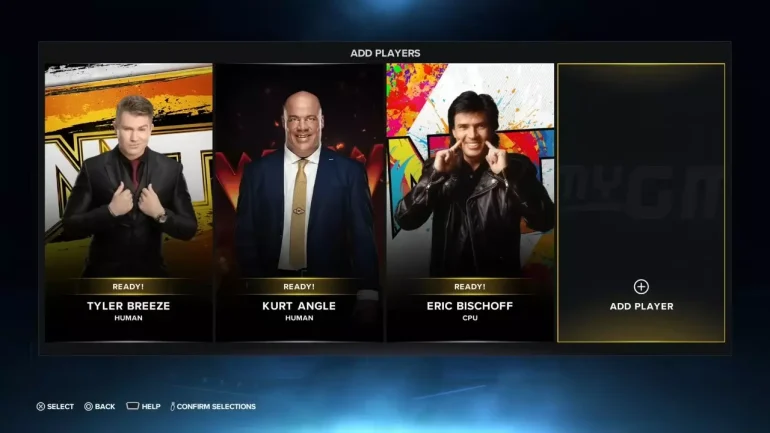WWE 2K MyGM mode offers an exciting challenge as you take on the role of a General Manager, booking matches, managing budgets, and competing against rival brands. However, one of the biggest hurdles in maintaining a successful roster is dealing with injuries. If a top superstar goes down, your entire show’s momentum can suffer, affecting ratings and revenue. Understanding how to prevent, manage, and recover from injuries is crucial for long-term success.
In this guide, we’ll explore the best strategies to handle injuries in WWE 2K MyGM mode, ensuring your roster stays strong and your show continues to dominate. Whether you’re new to the mode or a seasoned GM, these tips will help you navigate injuries like a pro.
1. Preventing Injuries with Smart Booking
The best way to handle injuries is to prevent them in the first place. Superstars have stamina ratings that dictate how much strain they can handle before getting injured. Ignoring these ratings and overbooking your talent in grueling matches can lead to unexpected injuries, sidelining key players.
To minimize the risk:
- Monitor stamina levels: If a superstar’s stamina drops below 40, they are at high risk of injury. Avoid putting them in consecutive matches.
- Use Rest Weeks: Rotate your roster by giving overworked superstars a break. Scheduling promos instead of matches allows them to recover while staying relevant.
- Avoid Extreme Matches Often: While Hell in a Cell, TLC, and Extreme Rules matches boost ratings, they also significantly reduce stamina. Use them sparingly to avoid long-term damage.
By carefully managing workloads, you’ll keep your top stars healthy and performing at their best.
2. Utilizing Power Cards for Injury Management
Power Cards play a vital role in MyGM mode and can be game-changers when it comes to injury prevention and recovery. Certain Power Cards can help reduce injuries or speed up the healing process.
Key Power Cards to watch for:
- Health Spa Cards: These allow you to send superstars to a spa week, recovering their stamina without affecting their morale.
- Injury Rehab Cards: If a wrestler does get injured, these cards can drastically reduce recovery time and get them back in action faster.
- Seasonal Boosts: Some cards offer temporary stamina boosts or injury prevention perks. Use them strategically during intense rivalries.
Stockpiling these Power Cards and using them at the right time can help you manage injuries effectively and keep your show running smoothly.

3. Adjusting Storylines and Rivalries
Injuries don’t have to derail your plans entirely. A good GM can adapt and keep the show interesting even when a top star is out of action. Tweaking storylines to accommodate absences is crucial to maintaining viewer engagement.
Here’s how to adjust:
- ** Mid-Card Talent**: Use injuries as an opportunity to push underutilized superstars into the spotlight. Turn an up-and-comer into a main eventer while your injured star recovers.
- Focus on Promos: Injured superstars can still appear in promos, keeping them relevant in ongoing feuds without risking further damage.
- Modify Rivalries: If a key wrestler is out, shift focus to a tag team angle or introduce a surprise opponent to keep storylines fresh.
By being flexible and creative, you can maintain your show’s momentum despite injuries.

4. Managing Recovery and Return Matches
Once a superstar recovers from an injury, easing them back into action is essential. Jumping straight into high-risk matches can lead to re-injury and put you back at square one.
Best practices for post-injury management:
- Gradual Return: Start with singles matches or promo segments before putting the superstar into high-intensity matches.
- Use Stamina-Boosting Power Cards: Help them regain full strength faster by utilizing Power Cards that improve stamina.
- Build Hype for Their Return: Announce their comeback with a major storyline twist or a title opportunity to maximize audience engagement.
A well-managed return can boost ratings and create a dramatic moment that excites fans, adding depth to your show’s narrative.


